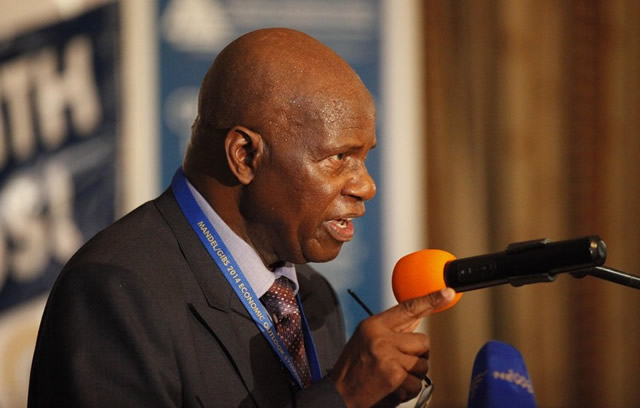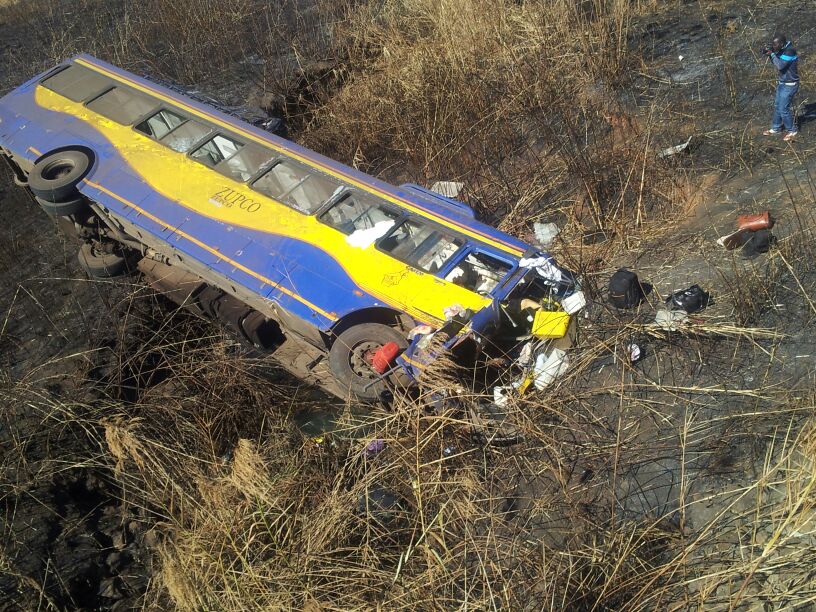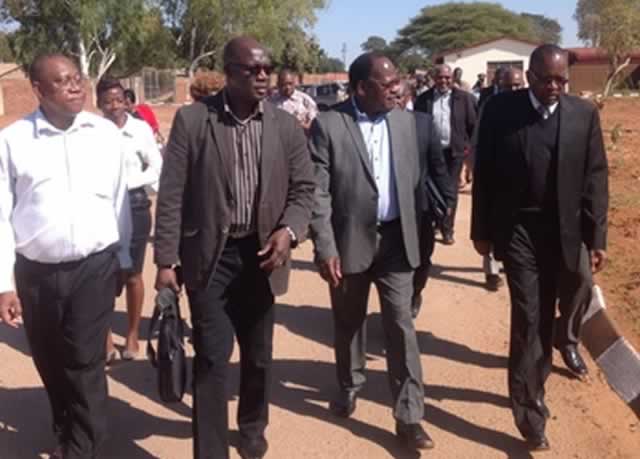SPB fuelling graft: Chinamasa

Felex Share Herald Reporter
Finance and Economic Development Minister Patrick Chinamasa has accused the State Procurement Board of awarding tenders to briefcase companies, thereby increasing the cost of doing business in the country.
He said some companies winning tenders were middlemen, describing the country’s tendering system as “the capital city of corruption”.
Officially opening a Buy Zimbabwe procurement conference in Harare yesterday, Minister Chinamasa called on Government to improve procurement legislation to wipe out “collusion” between SPB officials and briefcase companies.
“When it comes to tenders, something which I have noticed and which worries me, is the dominance of briefcase businesses in the tender system,” he said.
“People come to bid yet they do not own anything and, say it is a tender for soap, you will find out they do not have a factory but they are the people who get the tender. The next thing after winning the tender they go to the people who make soap. By so doing the cost structure is different.
“We have to do due diligence on those who tender and find out where they are going to find their supplies. We have to enhance the public procurement legislation and governance structures to minimise distortions, that is, the role of middlemen and collusion (with SPB) that increases the cost of doing business and also reach out to a broader supplier base.”
Government was last month forced to cancel a billion-dollar tender awarded to a Chinese company, China Machinery Engineering Company, for the expansion of Hwange Thermal Power Station.
It took a year for the SPB to realise that CMEC did not have funds for the project.
The tender was later handed to the second highest bidder, Sino Hydro of China.
Minister Chinamasa said the procurement systems in Government and the private sector were “the capital city of corruption”.
He said there was need for Government to ensure that the procurement systems were efficient and transparent.
“When you talk about corruption, be it in Government or the private sector, first look at the procurement system. This is the capital city of corruption,” he said.
“Public procurement systems are strategic tools that can either make or destroy a country. They are central to economic value chains and it is the procurement function that can normalise or distort the cost structure in an economic system.”
Minister Chinamasa expressed concern over delays in awarding and approving tenders by the SPB, a situation he said was sometimes caused by companies submitting inadequate documents.
“We need a system that eliminates unnecessary delays and red tape in the tender processes,” he said.
“I had to intervene in the power-generation tenders where sometimes you are given the impression that the project will take two years but that is not the case. I had to intervene to ensure there is some speed and urgency in the manner tenders are considered and finalised. What we have from time to time are undue delays.”
He said it was possible to subcontract local companies if it was a Government project or a loan from the World Bank.
He added: “In the power-generation tenders, I had to ask what was going on. Invariably, I learnt that it was not the problem of the SPB but that of bidders not having their documents in order or bidders changing the tender after winning bids.
“They try to redraw the goalposts yet they cannot do the job. I was telling the tender board that you should not always award the tender to the lowest bidder. You should have your own estimate cost that should guide you.”
Some local companies complained that they were being sidelined when it came to supplying equipment for big projects being carried out by foreign companies.
Minister Chinamasa responded: “Big projects like those for power generation require lots of money translating into millions and billions and at the moment the only country that is offering that kind of money is China and the rules are that they supply the equipment, procurement and that construction is done by their own companies.
“When I am faced with such a situation, I know I have a huge power deficit and I do not have the luxury to insist that they should sub-contract for the supply of equipment. We need to understand that.”
He said it would be possible to subcontract local companies if it was a Government project or a loan from the World Bank.









Comments